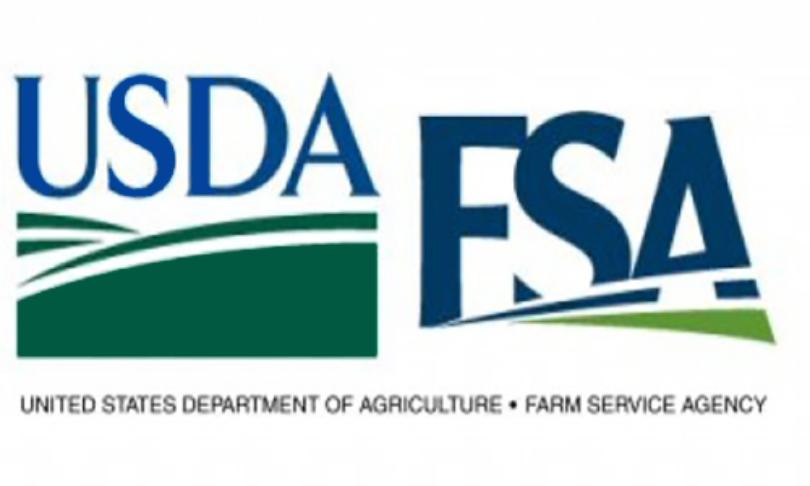The U.S. Department of Agriculture in New York is reminding producers and landowners that the signup deadline for the Conservation Reserve Program current general signup is fast approaching. Eligible producers must submit their offers by July 23, 2021.
USDA’s Farm Service Agency made several changes to CRP to make it more appealing to all producers, including those who are historically underserved, beginning and veterans. FSA added incentives to encourage producers to include climate-smart agricultural practices in their operations to increase natural resource and environmental benefits.
“Agricultural producers and private landowners should take advantage of the opportunities offered by the revamped CRP,” FSA Acting State Executive Director Mark Dennis said. “Explore the increased payment rates and new incentives for climate-smart agricultural practices to see if elements of the revamped CRP fit your operation.”
Updates to the Conservation Reserve Program
USDA’s goal is to enroll up to 4 million new CRP acres by raising payment rates and expanding the incentives offered under the program. CRP is capped at 25 million acres for fiscal year 2021, and currently 20.7 million acres are enrolled, but the cap will gradually increase to 27 million acres by fiscal year 2023. To help increase producer interest and enrollment, FSA has:
- Adjusted soil rental rates. This enables additional flexibility for rate adjustments, including a possible increase in rates where appropriate.
- Increased payments for Practice Incentives from 20 percent to 50 percent. This incentive for continuous CRP practices is based on the cost of establishment and is in addition to cost share payments.
- Increased payments for water quality practices. Incentive increased from 10 percent to 20 percent for certain water quality practices available through the CRP continuous signup, such as grassed waterways, riparian buffers and filter strips.
Additionally, to mitigate climate change, FSA introduced a new annual Climate-Smart Practice Incentive for the general, grasslands, and continuous signups that aims to increase carbon sequestration and reduce greenhouse gas emissions. Climate-Smart CRP practices include establishing trees and permanent grasses, developing wildlife habitat, and restoring wetlands. The Climate-Smart Practice Incentive amount is based on the benefits of each practice type.

